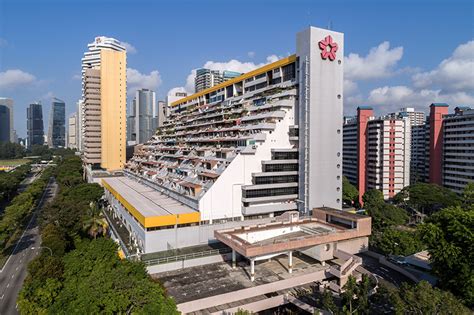

How Much Does an MBA Cost in India in 2025?
Introduction
Pursuing an MBA has been the traditional route for career advancement and higher earning potential. India is a vast country with numerous MBA programs to choose from. However, the cost of an MBA can vary significantly, depending on the institution and program you choose.

Cost of MBA in India
The average cost of an MBA in India ranges from INR 5 lakhs to INR 25 lakhs. However, this can vary depending on factors such as:
- Institution: Public universities generally offer lower tuition fees, while private universities charge higher fees.
- Program: Specialized MBA programs, such as MBA in Finance or MBA in Healthcare, may cost more than general MBA programs.
- Location: MBA programs in metropolitan cities like Mumbai and Delhi tend to be more expensive than those in smaller cities.
Cost Comparison of MBA Programs
| Institution | Fees (INR) |
|---|---|
| Indian Institute of Management Ahmedabad (IIMA) | 25 lakhs |
| Indian Institute of Management Bangalore (IIMB) | 23 lakhs |
| Indian Institute of Management Calcutta (IIMC) | 22 lakhs |
| Faculty of Management Studies (FMS Delhi) | 15 lakhs |
| Xavier Labour Relations Institute (XLRI) | 18 lakhs |
Public vs. Private MBA Programs
Public MBA programs generally offer lower tuition fees than private MBA programs. However, public MBA programs may have limited seats and a competitive entrance exam process. On the other hand, private MBA programs offer more flexibility and may have a wider range of specializations.
Pros of Public MBA Programs:
- Lower tuition fees
- High reputation and recognition
- Strong alumni network
Cons of Public MBA Programs:
- Limited seats
- Competitive entrance exams
- May not offer all desired specializations
Pros of Private MBA Programs:
- More flexibility
- Wider range of specializations
- More modern facilities and infrastructure
Cons of Private MBA Programs:
- Higher tuition fees
- May not have the same reputation as public MBA programs
- May have weaker alumni networks
Strategies to Reduce MBA Cost
- Scholarships: Explore scholarship opportunities offered by the institution, government, and private organizations.
- Loans: Consider student loans or educational loans to cover the cost of your MBA.
- Part-time MBA: Part-time MBA programs allow you to work while pursuing your degree, which can help you offset the cost.
- Online MBA: Online MBA programs may offer lower tuition fees than traditional MBA programs.
Market Insights
The demand for MBA graduates in India is expected to continue to grow in the years to come. According to a study by the All India Management Association (AIMA), the number of MBA graduates is projected to reach 2 million by 2025. This growth is driven by factors such as:
- Increasing globalization and internationalization of businesses
- Rise of the service sector and knowledge economy
- Growing demand for skilled professionals in various industries
How to Stand Out
In the competitive world of MBA admissions, it is essential to differentiate yourself. Here are some tips to help you stand out:
- Build a strong academic profile: Maintain a high GPA and score well on standardized entrance exams like the CAT.
- Gain relevant work experience: Internships and work experience can enhance your application and make you a more competitive candidate.
- Participate in extracurricular activities: Engage in extracurricular activities that demonstrate leadership, teamwork, and communication skills.
- Craft a compelling application: Write a strong personal statement and prepare for the interview process thoroughly.
Future Trends
The future of MBA education in India is expected to see a number of trends, such as:
- Increased use of technology: Online and blended learning programs will become more popular.
- Greater focus on specialization: MBA programs will offer a wider range of specializations to meet the needs of the changing job market.
- Experiential learning: More emphasis will be placed on experiential learning, such as internships, consulting projects, and international study opportunities.
- Globalization: MBA programs will become more internationalized, with more partnerships with universities around the world.
Conclusion
The cost of an MBA in India can vary significantly depending on the institution and program you choose. However, with careful planning and research, you can find an MBA program that fits both your budget and career goals.










